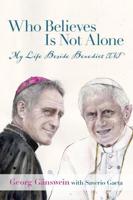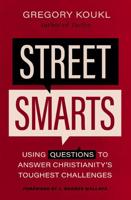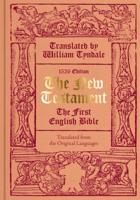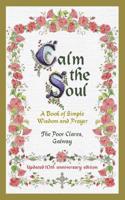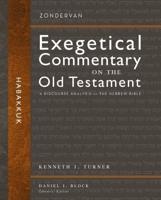Publisher's Synopsis
The book of Zechariah is ""the longest and most obscure"" of the Twelve Minor Prophets, Jerome remarked. That may have been the reason why in 386 he visited the Alexandrian scholar Didymus the Blind and requested a work on this prophet. Though long thought to be lost, the work was rediscovered in 1941 at Tura outside Cairo along with some other biblical commentaries. As a result we have in our possession a commentary on Zechariah by Didymus that enjoys particular distinction as his only complete work on a biblical book extant in Greek whose authenticity is established, which comes to us by direct manuscript tradition, and has been critically edited. Thus it deserves this first appearance in English. A disciple of Origen, whose work on Zechariah reached only to chapter five and is no longer extant, Didymus's commentary on this apocalyptic book illustrates the typically allegorical approach to the biblical text that we associate with Alexandria. Even Cyril of Alexandria in the next generation will lean rather to the historical style of commentary found in the Antiochene scholars Theodore and Theodoret, whose works on the Twelve are also extant and who had Didymus open before them. Didymus alone offers his readers a wide range of spiritual meanings on the obscure verses of ""Zechariah"", capitalizing on his extraordinary familiarity with Holy Writ (despite his disability), and proceeding on a process of interpretation-by-association, frequently invoking also etymology and number symbolism to plumb the meaning of the text. No wonder he remarks, ""The reader who understands it is a seer""; such is the richness of the hermeneutical offering.




